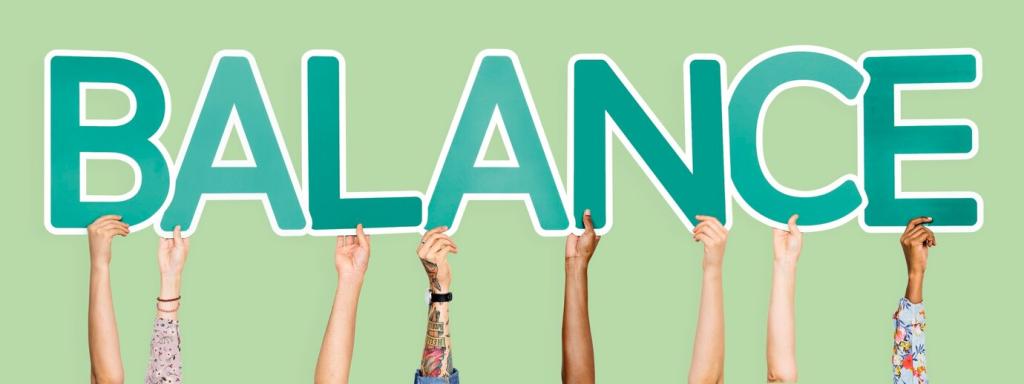The Impact of Sleep on Mental Balance
Chosen theme: The Impact of Sleep on Mental Balance. Discover how nightly rest shapes mood, attention, and resilience through science-backed insights, practical rituals, and vivid stories. Subscribe for weekly guidance, and share your own sleep wins to inspire our community.


Neurochemistry After Lights-Out
During deep and REM sleep, neurotransmitters like serotonin, dopamine, and GABA normalize, cooling reactive pathways while strengthening calm control. That invisible chemical reset helps you meet stress with steadier emotions the following day.

The Amygdala–Prefrontal Conversation
Sleep strengthens the prefrontal cortex’s ability to moderate the amygdala, the brain’s alarm bell. With good rest, emotional impulses feel less overwhelming and your decisions reflect perspective instead of momentary spikes.






Real Stories: When Better Sleep Changed the Day
Maya’s Two-Alarm Wind-Down
Maya set one alarm to close her laptop, another to dim lights and stretch. Two weeks later, her late-night spirals quieted, and morning irritability gave way to even-keeled energy.
Jorge’s Shift-Work Reset
Jorge worked rotating nights and felt emotionally volatile. He added blackout curtains, fixed his meal timing, and used a sunrise lamp on off-days. His mood steadied and conflicts at home dropped.
Your Turn to Inspire
What tiny habit gave you the biggest mental balance boost—earlier dinner, cooler bedroom, or journaling? Share your experiment and results so someone else finds their next step.
Practical Rituals for Steadier Moods
Create a 45-minute wind-down: warm light, light stretching, and a paper to-do capture that unloads tomorrow. The ritual teaches your brain safety, inviting sleep without forcing it.



When to Seek Help: Sleep Disorders and Mental Health
If difficulty sleeping persists three nights a week for three months, consider cognitive behavioral therapy for insomnia. Evidence shows it eases anxiety while improving sleep quality sustainably.
When to Seek Help: Sleep Disorders and Mental Health
Loud snoring, gasping, morning headaches, and daytime fatigue can signal apnea. Treating it often lifts brain fog and stabilizes mood, restoring the foundation for emotional balance.


Track, Reflect, Adjust: Your Sleep–Mood Map
Each morning, record hours slept, wake quality, and a one-line mood rating. After a week, patterns emerge, guiding practical tweaks that respect your real life.
Track, Reflect, Adjust: Your Sleep–Mood Map
Use devices as guides, not judges. Focus on consistent schedules and how you feel. Improvements in patience and steadiness often precede perfect numbers.
